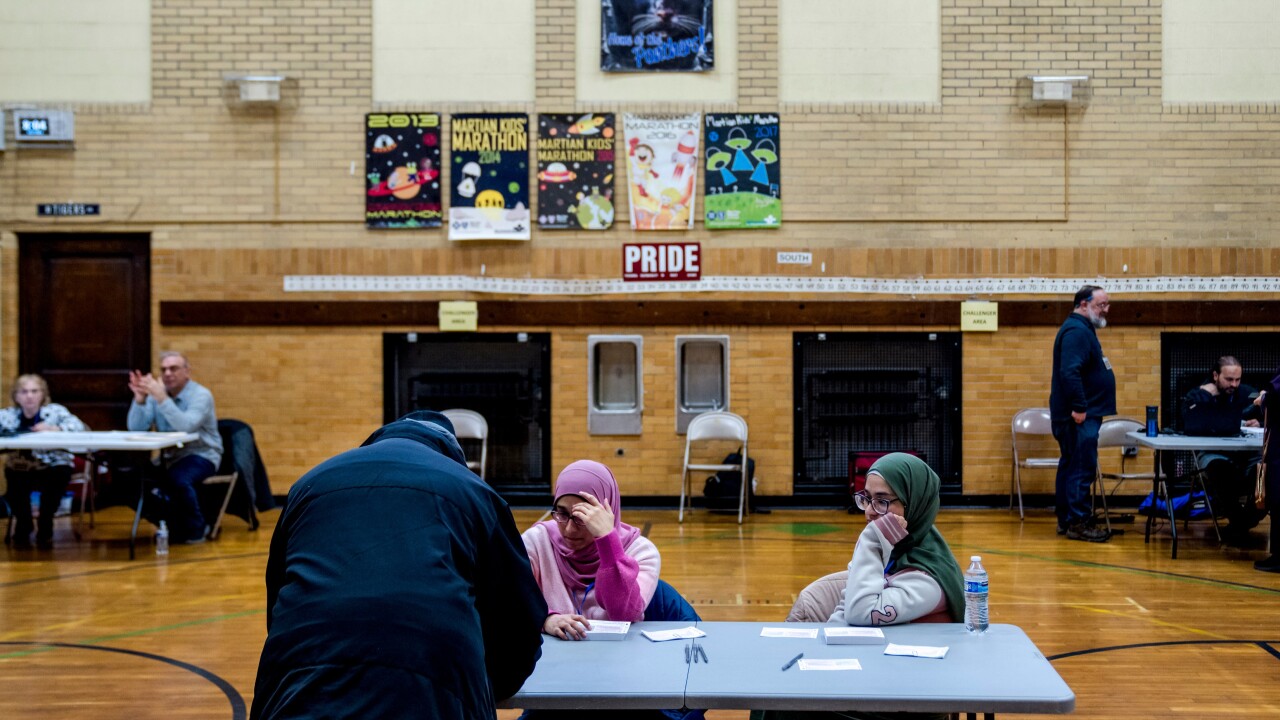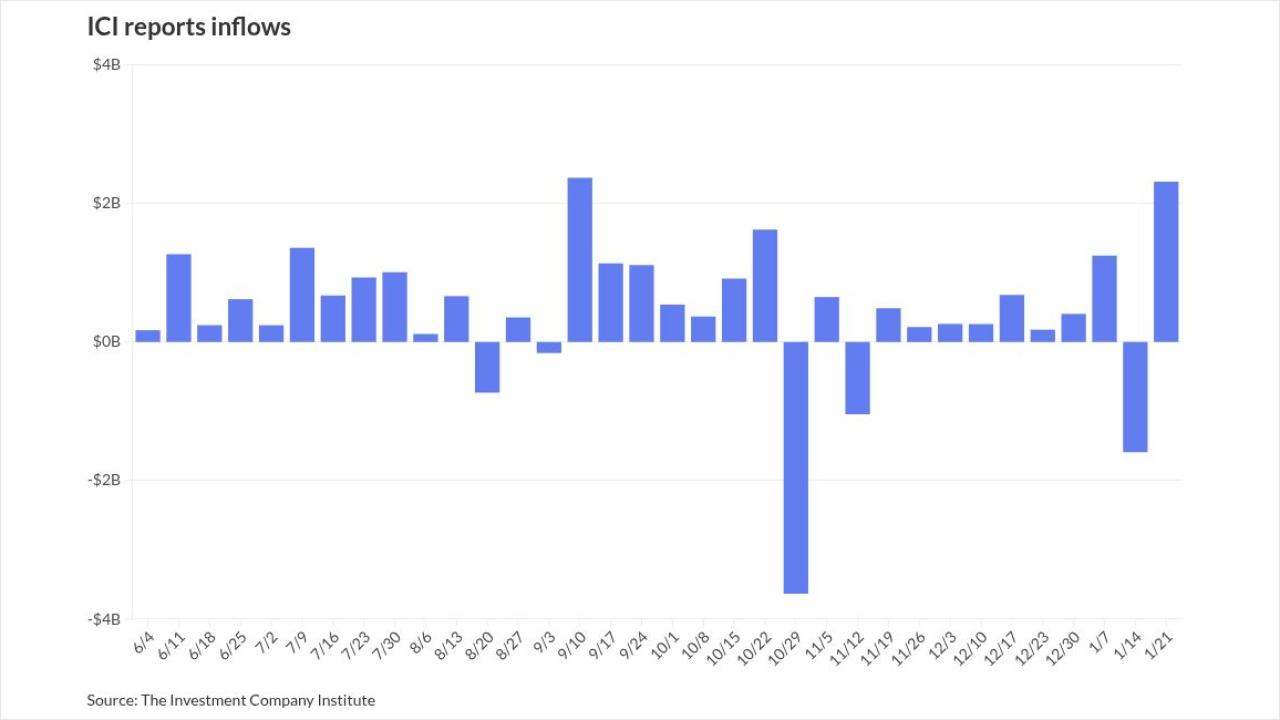Both Democratic and Republican lawmakers in Pennsylvania agree that the state needs a long-term transportation funding strategy, but have yet to find consensus on how the state should pay for roads, bridges, and public transit.
Lawmakers and aides say the chance of the legislature voting on a transportation funding initiative before the November general election is slim, as any plan would most likely include some sort of tax or fee increase — never a favorite with voters. Many believe the General Assembly will not take up a measure until after a new governor is sworn in in mid- to late January. Gov. Edward Rendell, a Democrat, will be termed out in January after serving as governor for eight years.
“We have all kinds of ideas out there and most of them are tempered by the fact that it’s a tough economy and a tough election year,” said Rep. Joseph Markosek, D-Allegheny and Westmoreland counties, chairman of the House Transportation Committee.
“So that’s really the 800-pound gorilla sitting at the table. No matter what we plan to do, it’s going to be difficult trying to get the votes to do it, certainly prior to the election,” he said. “There’s a strong partial consensus in the legislature for allowing this whole matter to be dumped into the lap of the next governor.”
The Keystone State had a long-term funding plan in place: implement tolls on the 311-mile Interstate 80 to generate a projected $60 billion of revenue over 50 years. The Federal Highway Administration in early April squashed that anticipated revenue stream when it denied Pennsylvania’s application to place tolls on I-80.
That decision forces the state to craft a new transportation funding strategy and close a current year $472.5 million shortfall.
To date, lawmakers in both chambers have yet to file legislation that would address that current-year deficit or transportation funding over the long term.
Democrats control the House while Republicans have a majority in the Senate. House Democrats say that members are reluctant to vote on possible tax or fee increases if the upper chamber is unwilling to also weigh in on such plans before voters head to the polls. Conversely, Senate Republicans point to the fact that all revenue-raising bills must originate in the House and that it’s unlikely all four caucuses will reach agreement on the issue before the election.
“We’ve never said that anything the House sends would be dead upon arrival or won’t be taken up or anything like that,” said Erik Arneson, spokesman for Senate Majority Leader Dominic Pileggi, R-Chester and Delaware counties. “We’ve just been honest in expressing our skepticism that a complex and very clearly difficult issue like a comprehensive transportation funding plan can get done between now and the election.”
The current legislative session ends Nov. 30. The Senate has said that it would not vote on issues during the post-election, lame-duck session.
Rendell and House Democrats are eager to carve out funding immediately. The state has the most structurally deficient bridges in the country and state spending on capital projects will help support construction and engineering jobs.
“We have reached a crisis situation and the legislature needs to act now,” said Johnna Pro, spokeswoman for Rep. Dwight Evans, D-Philadelphia County, chair of the House Appropriations Committee. “We really should not wait until the end of this session or, God forbid, until January until there’s a new governor.”
During the past few months, both the House and the Senate have held public hearings on the issue. The Senate Transportation Committee today is set to hear from the FHA regarding potential tolling of interstates at Pennsylvania’s borders.
Rendell last week released a proposal to increase motor vehicle fees and implement a profits tax on oil companies that do business in the state to raise needed revenue for transportation funding.





